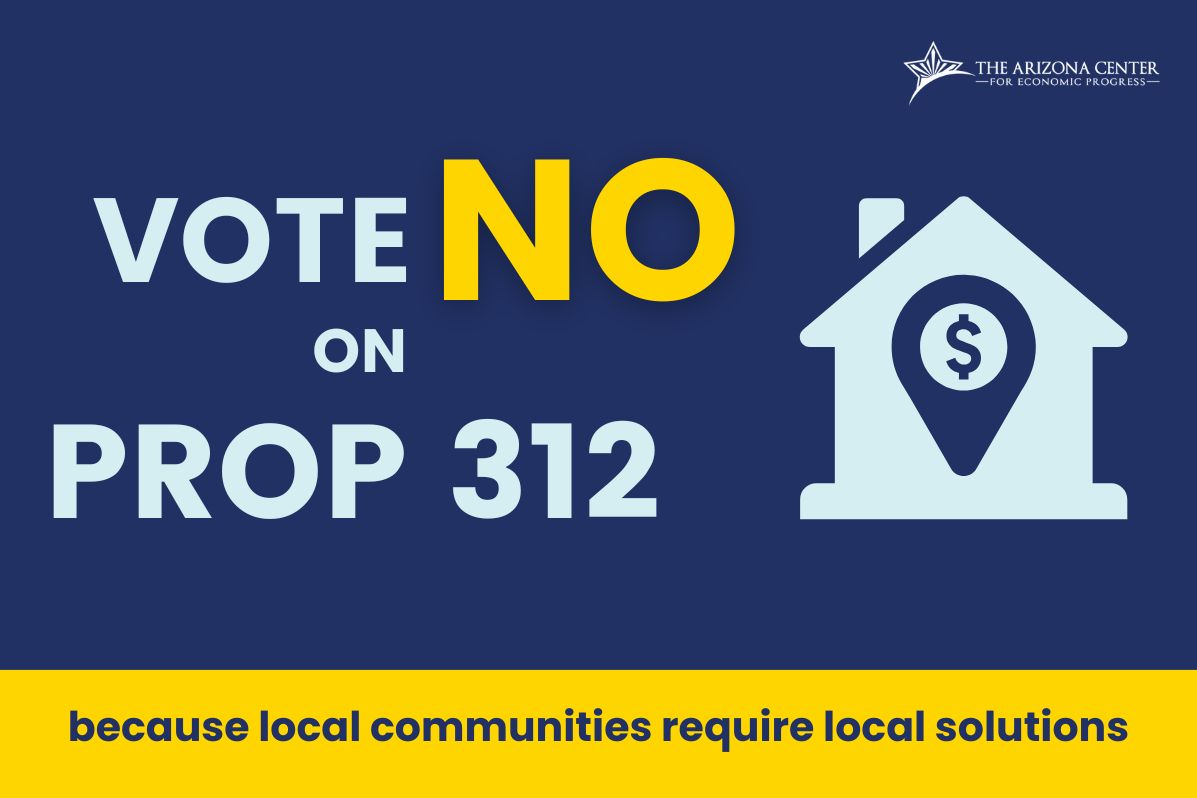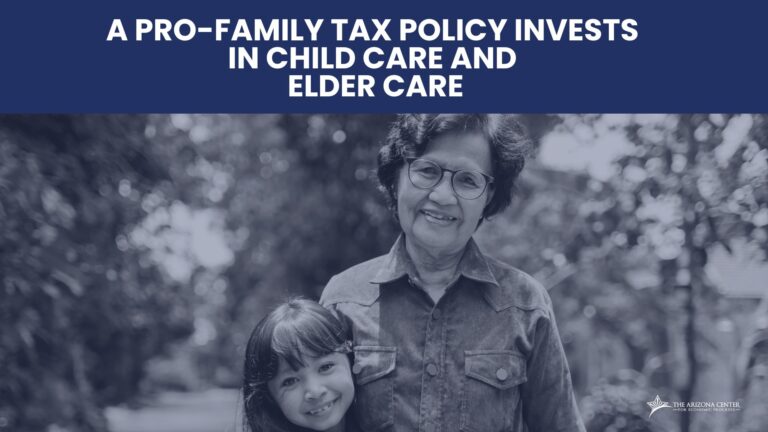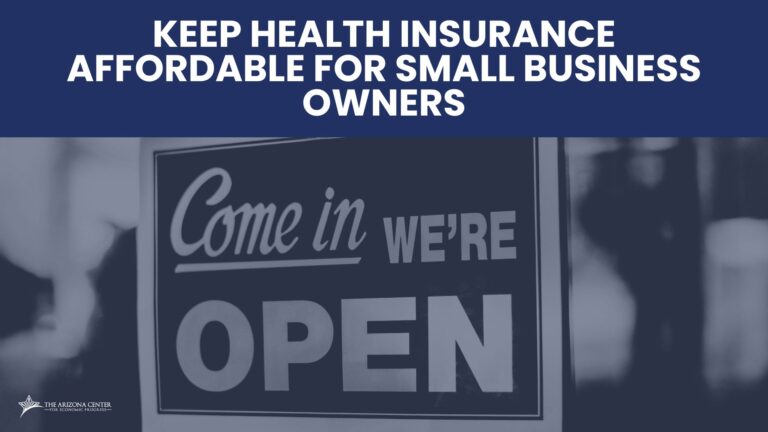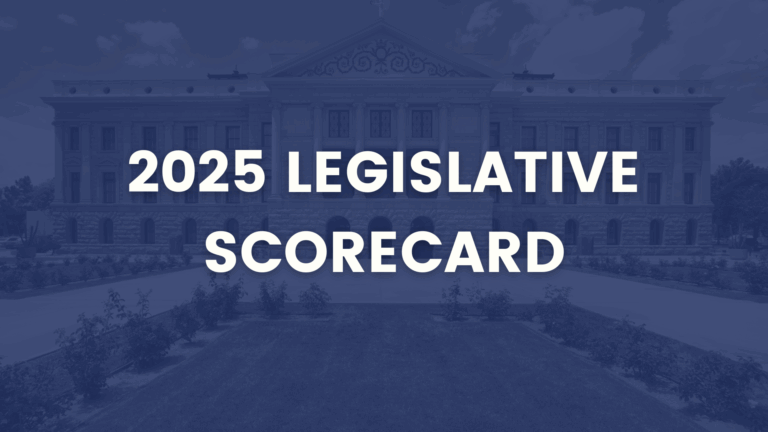
Prop 312's Impact: A Threat to Local Budgets and Homelessness Policies
Proposition 312 (Prop 312) produces an economic sanction on local communities and is a short-sighted approach to an issue that requires local solutions, not a one-size-fits-all statewide initiative.
If passed, Prop 312 would allow property owners to apply for a property tax refund equal to expenses reasonably necessary to mitigate the effects of a local jurisdiction’s pattern or practice of declining to enforce existing public nuisance laws.
If the local jurisdiction rejects a property owner’s claim for refund, then the burden is on the city to prove that its actions were lawful or that the property owner’s expenses were unreasonable.
Rather than supporting local governments to develop collaborative, comprehensive solutions that include the input of all community members, Prop 312 would create a perverse incentive for local leaders to use costly law enforcement tools, while also facilitating expensive litigation at the local level.
If Prop 312 goes into effect, it may force cities to raise rates on sales taxes to replace revenue lost from issued property tax refunds.
Urban Revenue Sharing is a core feature of the state’s taxation policy. It ensures that cities receive a portion of the state’s income tax collections, an important feature since, unlike in many states, cities in Arizona are not allowed to implement local income taxes. However, because of the implementation of the state’s flat personal income tax, Arizona cities will see significant decreases in their share of state income tax collections.
From Fiscal Year 2024 to Fiscal Year 2025, the amount of the Urban Revenue Sharing fund decreased by $296.5 million, nearly 19 percent. Phoenix is likely to receive roughly $85 million less in Fiscal Year 2025 as compared to Fiscal Year 2024, while Tucson is anticipated to receive roughly $28 million less.
The implementation of the state’s flat tax has primarily benefited higher-income taxpayers while putting more pressure on the state government to rely on sales tax revenues to fund its operations and investments. When considering total taxes paid per $100 of income, lower-quintile taxpayers received a tax cut worth only a few cents after the enactment of the flat tax, while a taxpayer making in the top one percent of income received over a $2 tax cut per $100 of income.
Similarly, cities must now rely more on sales tax and property tax revenues to fund operations due to declines in Urban Revenue Sharing. If Prop 312 results in a high number of property tax refunds, it is possible that cities will be forced to raise local rates on sales taxes. These are inherently regressive forms of taxation that have a far greater impact on lower income taxpayers who spend more of their income on taxable consumption than higher income taxpayers.
In this scenario, Prop 312 has the potential to make Arizona’s overall tax system far more regressive, significantly impacting lower-income taxpayers who are already burdened by rising housing costs.
According to the 2023 American Community Survey, 54 percent of renters in Arizona reported being housing-cost-burdened, that is, paying more than 30 percent of their income on housing, compared to 46.5 percent in 2019.
Prop 312 is potentially a tax break for corporate landlords and private equity firms
Prop 312 is potentially a tax break to corporate landlords and private equity firms which have have continued to buy up a significant share of housing in the state. These institutions and other property owners are already under scrutiny for potentially engaging in tacit collusion through the use of shared pricing algorithms, allowing rental businesses to set higher prices without fear of competitive offers.
Under Prop 312, corporate landlords and private equity firms may obtain refunds for expenses normally incurred for a rental housing business or commercial real estate business, such as having a security guard, fixing broken gates, replacing locks, and maintaining insurance on the property. This provides an additional avenue for companies already receiving tax benefits for such expenses through business deductions, increases in property cost basis, or depreciable leasehold improvements.
Because the burden is placed on the city to prove both the non-existence of a public nuisance and that the owner’s expenses were unreasonable, it is possible that local taxpayers may end up subsidizing expenses of property owners that were not primarily incurred to mitigate the effects of an alleged nuisance.
Prop 312 is an example of state policy limiting local governments from setting their own priorities and finding comprehensive, collaborative solutions to local issues
Homelessness is a critical public policy issue that should be addressed by local leaders with input from all community stakeholders.
Prop 312 creates a perverse incentive for local leaders to find short-term solutions to homelessness in order to protect local tax revenues used for essential services. There is a concern that such short-term solutions may include removing unhoused individuals from city limits, or as now constitutionally allowed under Grants Pass v. Johnson, jailing unhoused individuals for violating anti-camping or similar ordinances.
These short-term solutions could separate people from the services and support systems on which they rely and from the communities in which they are members. In the oral arguments to Grants Pass, the court noted that the unhoused population in Grants Pass was mainly from the city. Historical research has similarly found that individuals experiencing homelessness in a municipality are often from such a municipality.
Additionally, Prop 312 could further divert local resources and funds from services that may secure stable environments for Arizona’s unhoused population, namely the development of affordable housing.
Cities should be empowered to set their own policy priorities without threats to local funding or other prohibitions that seek to limit local governance.
Prop 312 is not a serious solution to homelessness, but providing additional support to increase affordable housing is
In recent years, the state has increased the amount of funding in the Housing Trust Fund that assists people to remain in or gain stable, affordable housing. In Fiscal Year 2024, the state invested $150 million in the Housing Trust Fund while in Fiscal Year 2025, despite a budget deficit, $15 million in one-time funding was allocated.
However, when looking at historic trends of expenditures from the Housing Trust Fund, there was a significant decrease in expenditures from the fund between Fiscal Year 2010 to Fiscal Year 2020, even as the state’s population began to outpace housing supply.
Arizona needs to prioritize the development of more affordable housing in the state through solutions that work, including funding the Housing Trust Fund as an on-going expenditure rather than a one-time investment argued over every year.
Some solutions can work, but Prop 312 is not one of them.
Please vote no on Prop 312.



